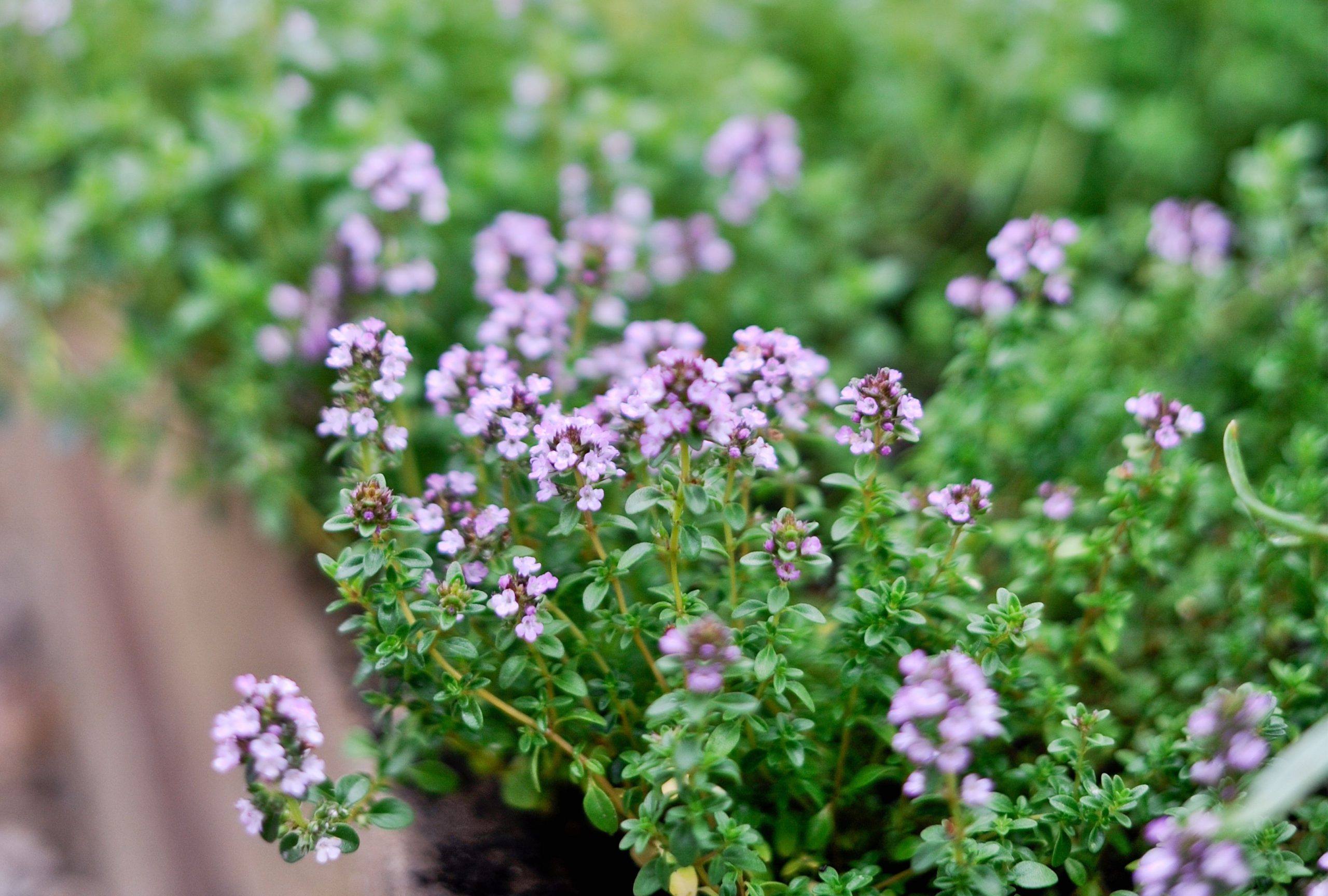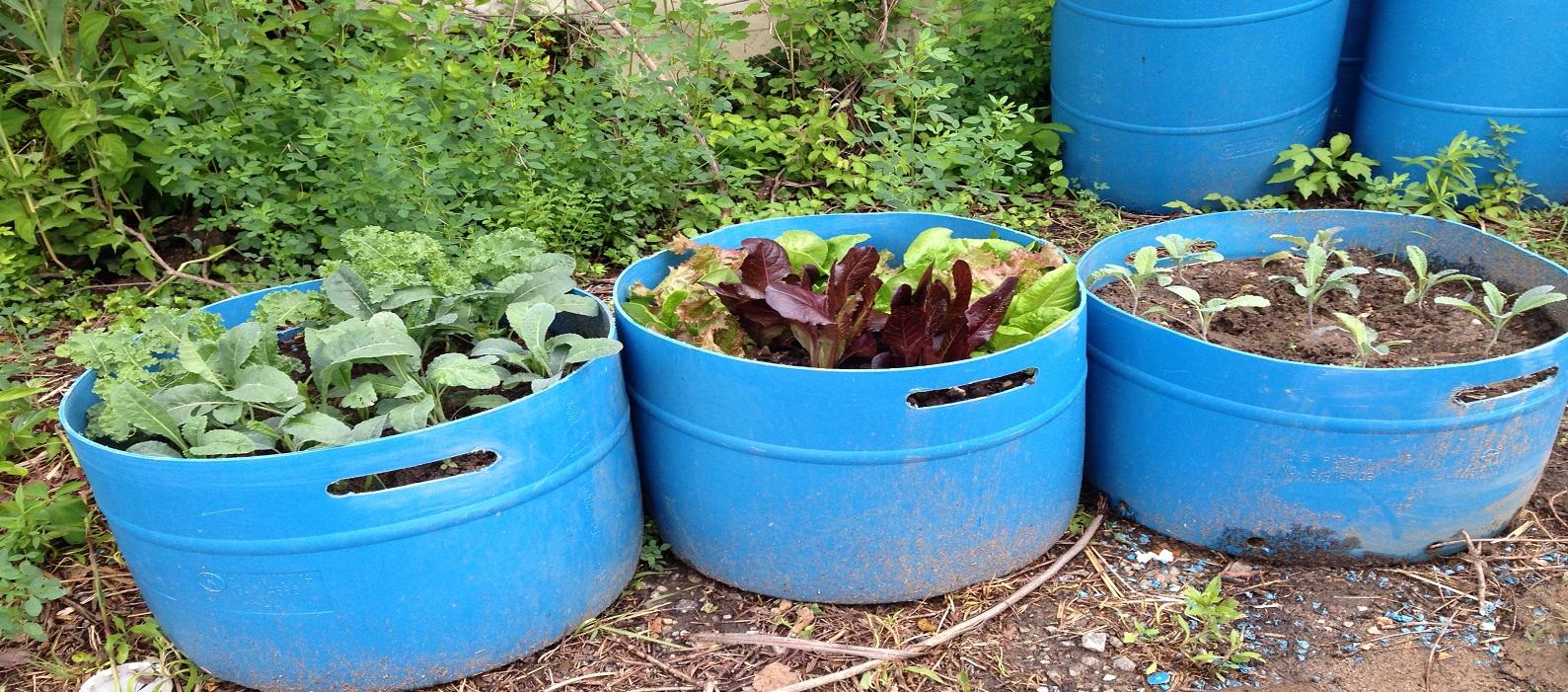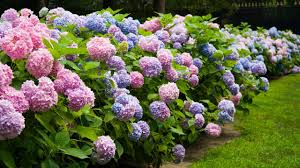Thyme, a perennial herb with a distinctive aroma, has been cherished for centuries for its culinary, medicinal, and aromatic properties. Its small, fragrant leaves add depth and complexity to a wide range of dishes, while its essential oil offers various health benefits.
Culinary Applications
Thyme’s versatility in the kitchen is undeniable. It pairs well with a variety of flavors, making it a favorite among chefs and home cooks alike. Here are some popular culinary uses:
- Herbes de Provence: This classic French herb blend often includes thyme, adding a fragrant and savory note to roasted vegetables, meats, and poultry.
- Soups and Stews: A sprig of thyme can elevate the flavor of soups and stews, such as minestrone, French onion soup, and hearty beef stews.
- Sauces and Marinades: Thyme is a key ingredient in many sauces, including marinades for grilled meats and fish. Its robust flavor complements the rich taste of these dishes.
- Stuffings: Thyme adds a savory flavor to stuffings for poultry and vegetables. Its aromatic qualities enhance the overall taste and aroma of the dish.
- Bread and Pizza: Thyme can be used to flavor bread dough, focaccia, and pizza crusts, adding a delightful herbal note.
- Tea: Thyme tea is a soothing and flavorful beverage that can be enjoyed hot or cold. It is often used to alleviate digestive issues and respiratory ailments.
Medicinal Properties
Beyond its culinary uses, thyme has been valued for its medicinal properties. Some of the potential health benefits associated with thyme include:
- Antimicrobial Properties: Thyme has potent antibacterial and antifungal properties, making it effective in combating various infections.
- Antioxidant Properties: The antioxidants present in thyme can help protect cells from damage caused by free radicals.
- Respiratory Health: Thyme tea can soothe coughs, congestion, and other respiratory ailments.
- Digestive Health: It can aid in digestion and relieve indigestion.
- Relaxation: Thyme tea can have a calming effect on the mind and body, promoting relaxation and reducing stress.
Growing Thyme
Thyme is a relatively easy herb to grow. It thrives in well-drained soil and full sun. Here are some tips for growing thyme:
- Planting: Thyme can be propagated by seeds or cuttings.
- Watering: Water regularly, especially during dry periods. However, avoid overwatering, as it can lead to root rot.
- Pruning: Prune your thyme plants regularly to maintain their shape and encourage new growth.
- Harvesting: Harvest thyme leaves by snipping them with scissors.
- Drying: Thyme can be dried by hanging it upside down in a warm, dry place.
By incorporating thyme into your cooking and daily routine, you can enjoy its delicious flavor and potential health benefits.



